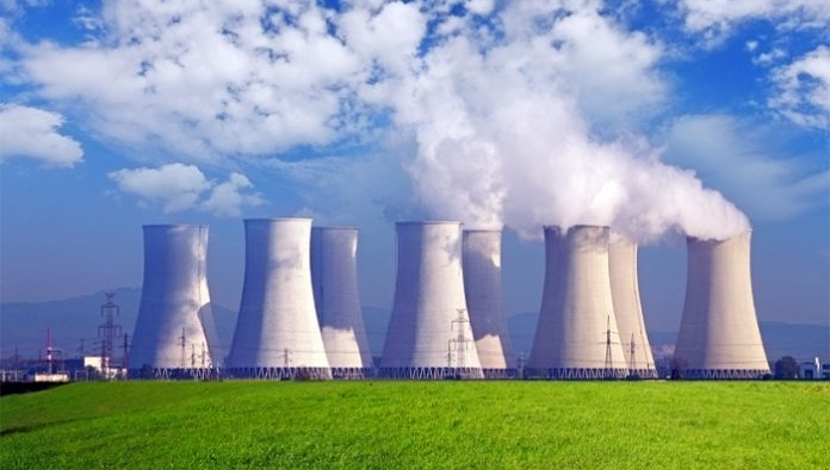
Africa’s future growth is intrinsically linked to cement. As one of the world’s fastest developing regions, there are huge construction needs
in East Africa, spurred on by shifting demographic trends and rising urbanization.
East Africa is now one of the world’s fastest-growing marketplaces for construction opportunities and building materials. Significant projects are under construction across East Africa including Ethiopia’s $4 billion hydro-power dam on the Blue Nile River and Kenya’s $13 billion railway that will link the Port of Mombasa to the Rwandan capital of Kigali via Uganda. In Rwanda, CIMERWA, the only cement company in Rwanda that mines raw materials, produces clinker concentrate, and packs and sells cement for general and civil construction, has spent $170 million on a new modern dry process production plant with a capacity to turn out 600,000 tons of cement per year. In addition Ethiopia is predicted to be the fastest-growing country in the world over the next three years and the government of Kenya has earmarked $55.6 billion for infrastructure development.
These East African infrastructure projects are the key to unlocking the full economic potential of the region. Recognising the importance of these projects and the vital role they play in the future of the region, many of East Africa’s leading project owners who are paving the way for the transformation of the region’s built environment are set to converge at Totally Concrete East Africa this month at the Safari Park Hotel in Nairobi, Kenya.
Busi Legodi, CEO of CIMERWA in Rwanda will be at the event to discuss the state of the art cement plant commissioned in Rwanda and its contribution to sustainable building in the region. James Mworia, CEO of Centum Investment Company in Kenya, will provide an update on the Two Rivers development and the role of mixed-use real estate in the local marketplace. Eng John Kipchumba Tanui, CEO of the Konza Technopolis Development Authority and Silivester Kasuku, CEO of theLAPSSET Corridor Development Authority will also be there to highlight opportunities and successes brought about by 2 of Kenya’s most important developments now underway.
Because African infrastructure lags behind that of other developing countries and is characterized by missing regional links and stagnant household access, the future of world demand for cement over the next 10 years will largely be driven and determined by development rates and build on the African continent.
Totally Concrete East Africa unites property owners, local construction professionals, building materials suppliers, investors and government to collaborate towards efficient and sustainable infrastructure build, enhanced service delivery, and reduced construction costs for stakeholders across the industry value chain.
“In line with regional growth, Totally Concrete East Africa brings together the region’s leading project owners to source and identify top contractors and suppliers and reach more project targets on budget and on time. Not only will the event provide access to leading innovative builders and engineers, it will also provide them with practical training on how maximise building sustainability and structural integrity in the local marketplace,” offers Arch Daniel Manduku, Executive Director of Kenya’sNational Construction Authority and one of the strategic partners of the event. Sponsored by Safal Group, ARM Cement, Tata Africa, Bamburi Cement and Loesche Engineering and supported by more than 35 association and media partners, Totally Concrete East Africa unites the entire cement, construction and property development industry value chain to raise levels of productivity and competitiveness, accelerate structural transformation and make the shift toward an inclusive, sustainable growth path in East Africa and beyond.
Issued by:
Hypenica (Pty) Ltd.
Tamsin Collins:
[email protected]
Phone: +27 21 700 4354





